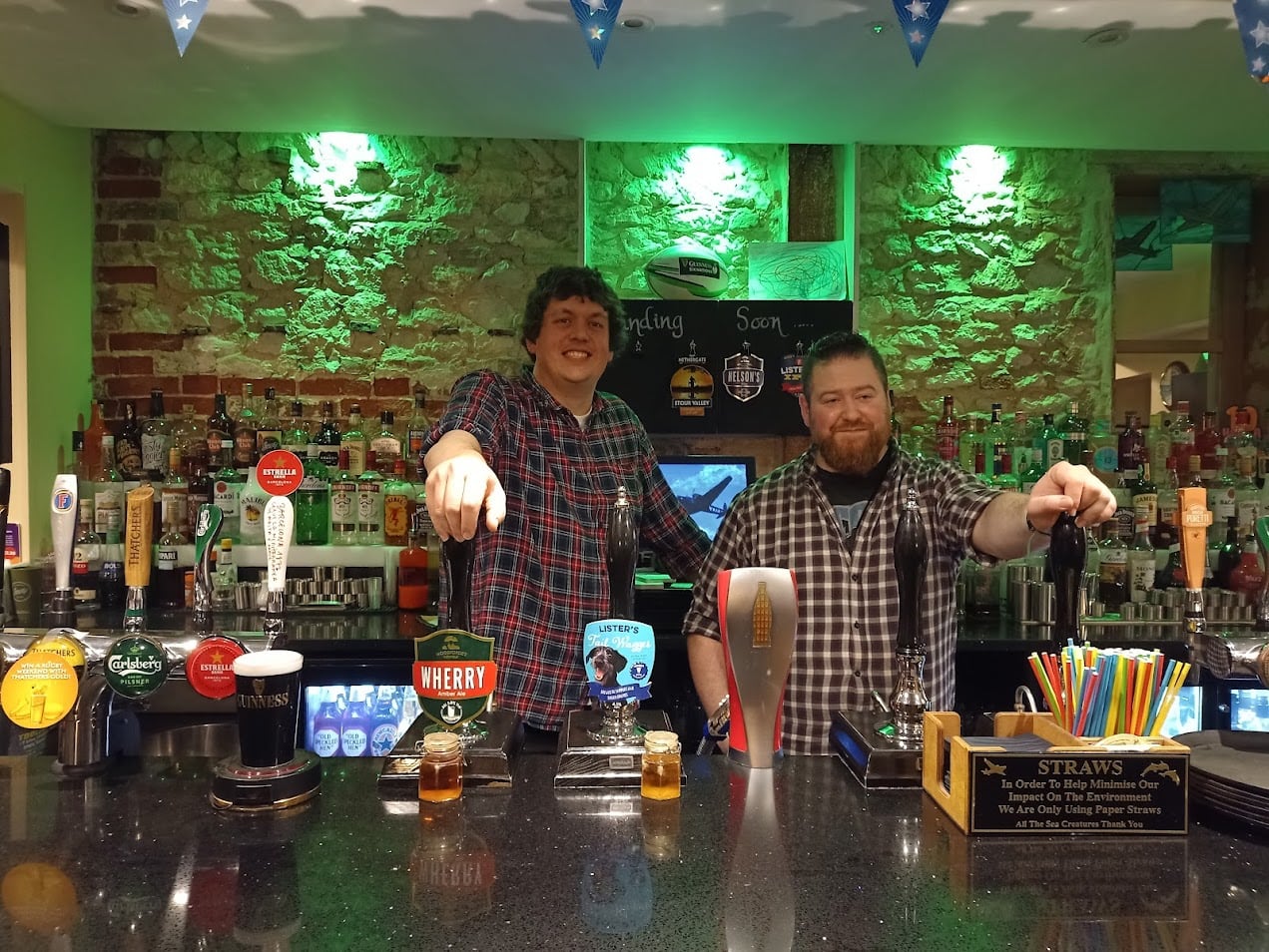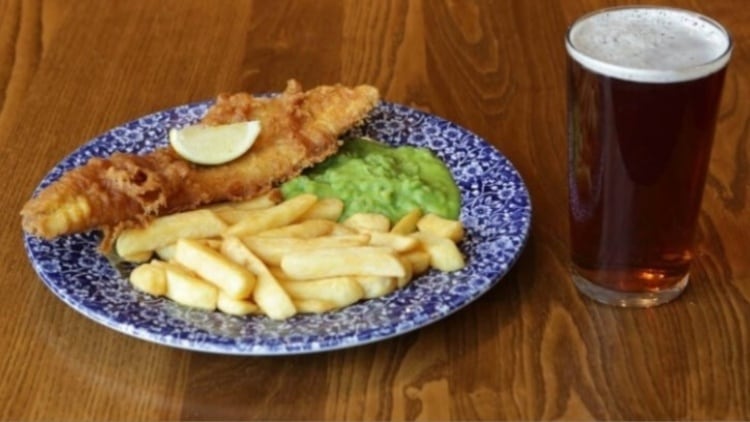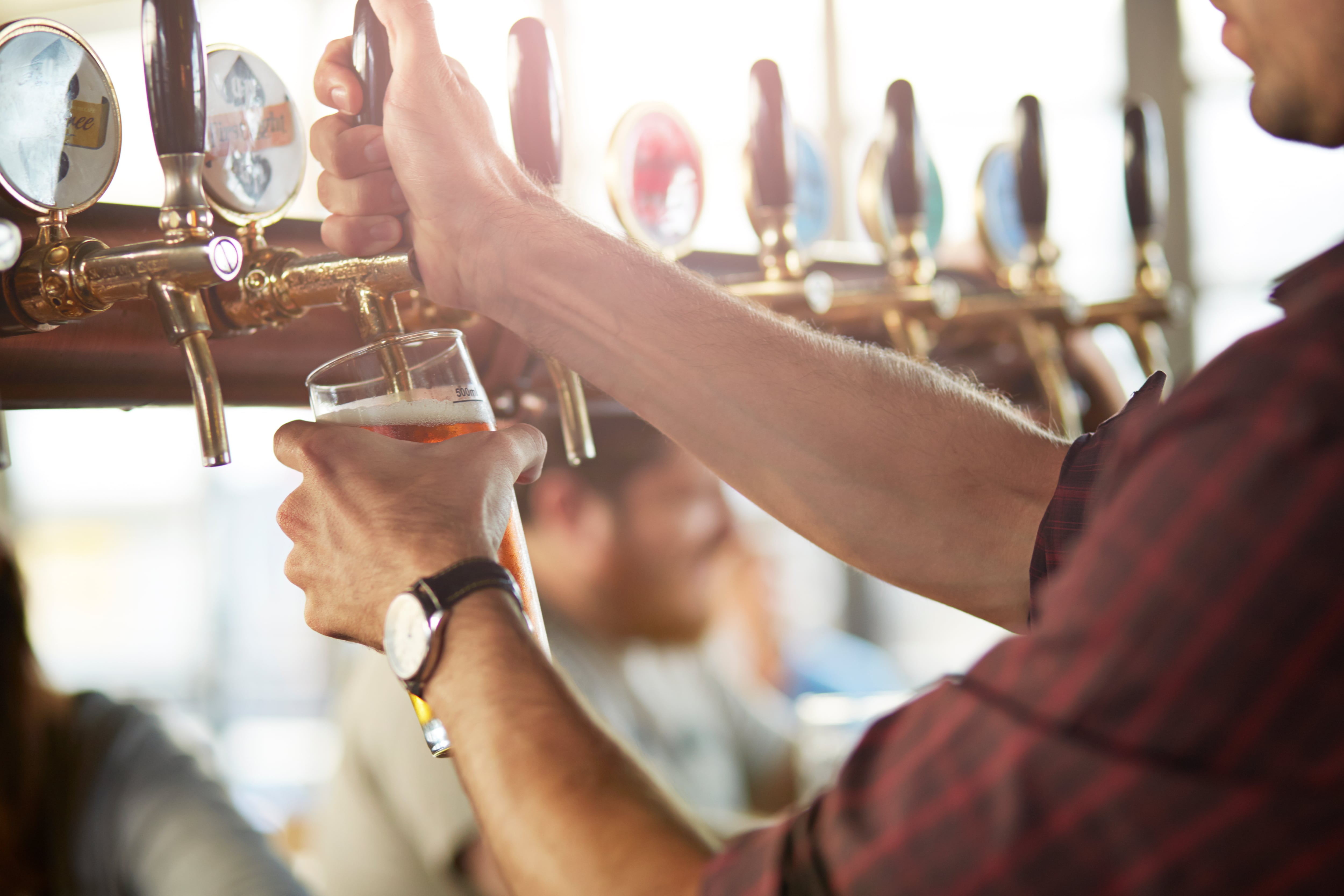Chris Samuels, who runs the Wellington in Feltwell, turned his back on an award-winning gastro offer to go entirely wet-led and has seen impressive results.
“We bought the pub in 2013, it was a sawdust and spittoon style of venue, good for cocaine and fight, but not somewhere you’d take your mother in law,” he told The Morning Advertiser.
They reopened the site in 2014 after three months of refurbishment and created an award winning gastro-focused business, winning local accolades and seeing their chefs being shortlisted.
However, in March 2020, Covid hit and with the following ensuing restrictions, the pub was unable to reopen with its previous food offer.
Cost impact
Samuels said: “We kept staff on furlough and when we got to the last lockdown ending, we looked to reopen and knew we wanted to start doing food again.
“However, the chef, who we’d kept on furlough for the previously 14 months promptly resigned, which left us in a bit of a quandary.”
While they set about recruiting for a replacement they continued to operate the pub as a wet led business and he said “income was down, but profitability was up”.
“However, we finally managed to hire a chef, and then three days later, he had a heart attack!”
Food operations remained shelved until the chef had recovered and in November 2022 the pub finally relaunched its food offer.
“Over nine weeks, we lost £10,000. It wiped out most of the savings we’d managed to make and build up and we had to shut the kitchen or go bust.”
More profitable
The pressure forced Samuels and the team to focus hard on their wet offer, and adding in live music, and a wide range of drinks festivals, bringing in food trucks to support.
“It’s now resulted in us being more profitable than we’ve ever been. We did more last year than we did in 2018/19 and we’ve made double the amount of profit than we did back then.”
The pub was able to reduce staff back from 15 to just seven, and Samuels said he and his business partner have gone from working 85 to 90 hour weeks to around 55 hours.
“That’s given me thirty hours extra a week to spend with my family and children. Quality of life is so much more, we can have meals as a family now.”
He attributes the turnaround to an intense focus on ensuring the drinks offer is the best it can possibly be. “We don’t try and eek out the cask. As a result I’ve got a regular who does a 16 mile round trip commute to come and drink a beer with us four nights a week. He leaves work and drives past his house, and other pubs, to come and drink our beer.”
They also ramped up their live entertainment: “We sat there and thought, with the cost of living pressures, what can people do cheaper?. They can buy beer in the supermarket and drink it at home for cheaper. They can eat more cheaply at home.
“What you can’t do at home is watch live music. And we looked to make that more accessible. So a couple can come to us on a night, have a couple of drinks for about £15 and watch some free live music, and that’s a cheap date night!”




